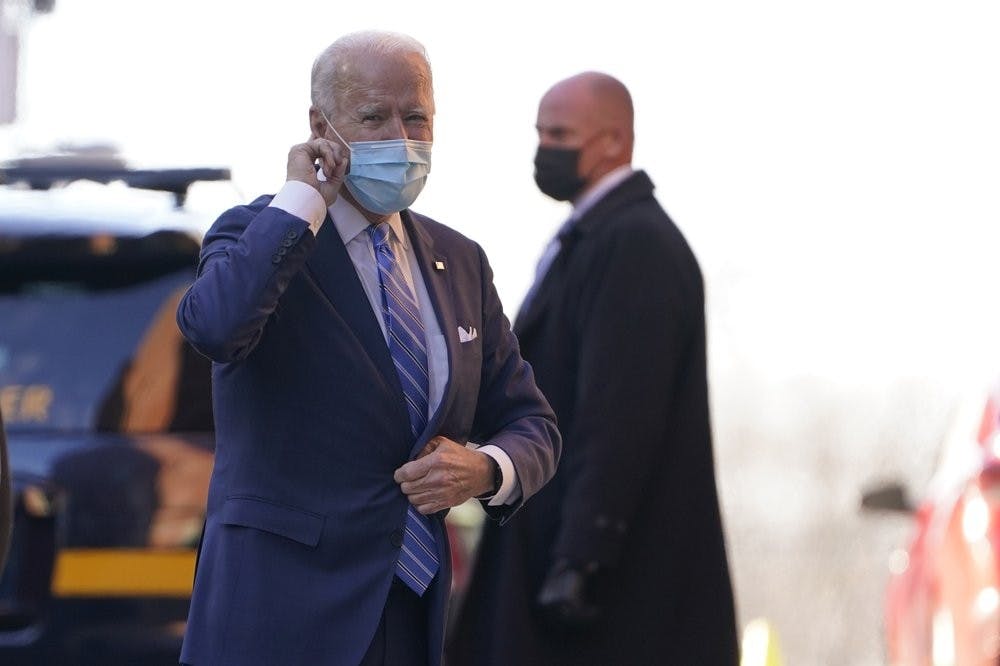Editor’s Note: This listicle is part of a weekly series by The Ball State Daily News summarizing five stories from around the world. All summaries are based on stories published by The Associated Press.
A hospital in Kansas runs out of regular full-time staff, the Trump administration fully restored DACA protections after a federal judge's order, the House of Representatives voted to decriminalize marijuana at the federal level, the FDA announced its plan to review the Pfizer-BioNTech coronavirus vaccine and Joe Biden's health team seeks to handle the coronavirus methodically and transparently in a federal response.

As virus spreads, Kansas hospital runs out of staff
A Rush County Memorial Hospital doctor and physician assistant tested positive for coronavirus on the same day in November, briefly leaving the hospital without anyone who could write prescriptions or oversee patient care. The virus is sidelining nurses, doctors and medical staff nationwide, but the problem is particularly dire in rural communities like La Crosse because they don’t have much of a bullpen - or many places to send patients with regional hospitals full. The situation in La Crosse illustrates the depths of the COVID-19 crisis in rural America at a time when the virus is killing more than 2,000 people a day and inundating hospitals.
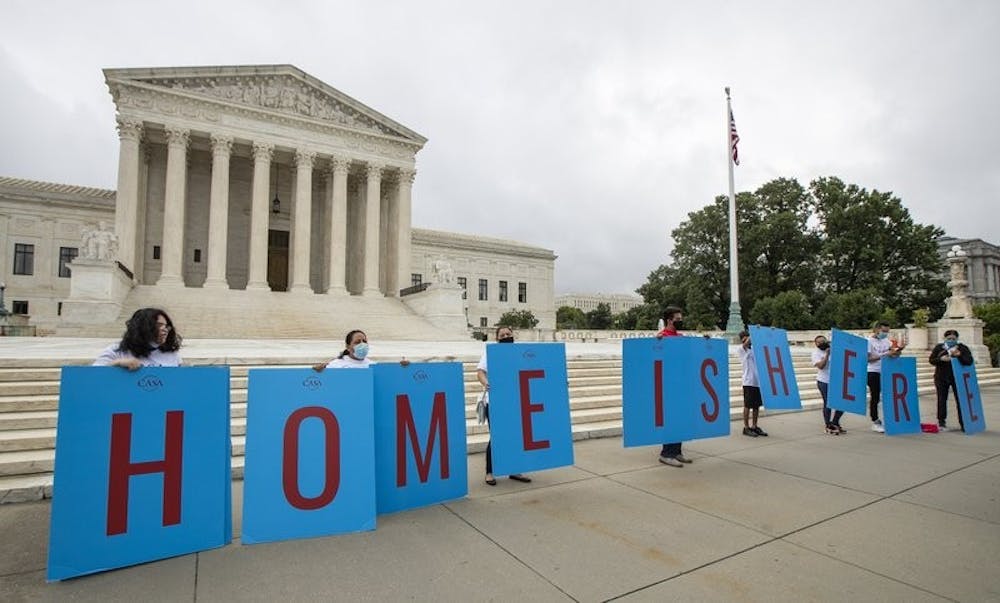
US fully restores protections for young immigrants
The Trump administration said Dec. 7 that it fully restored the Obama-era Deferred Action for Childhood Arrivals program that shields hundreds of thousands of young people from deportation, complying with a New York federal judge’s order. The Department of Homeland Security posted on its website that it is accepting new applications, petitions for two-year renewals and requests for permission to temporarily leave the U.S. The department said it “may seek relief from the order,” signaling that its concession to the court order may be short-lived if its legal efforts succeed.
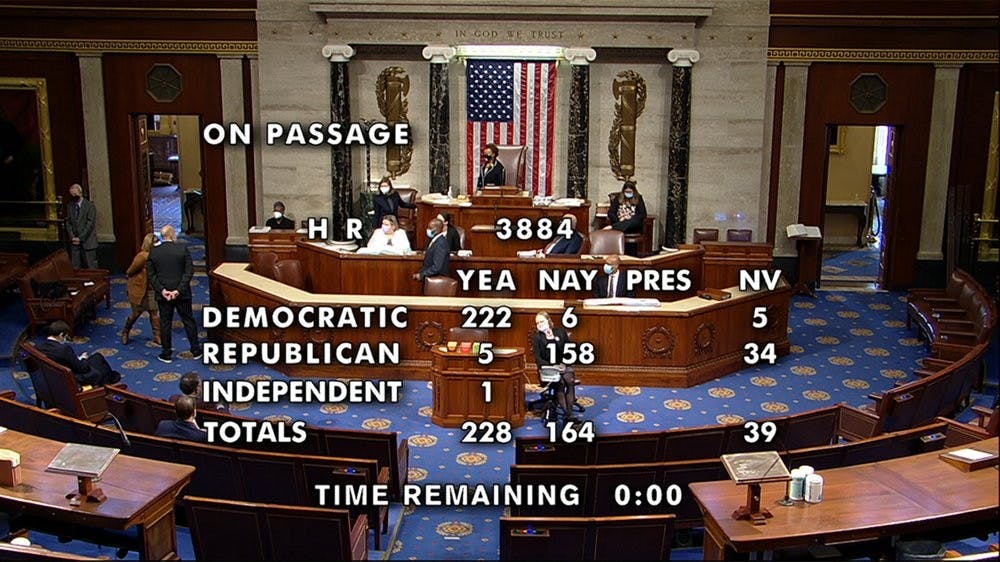
House votes to decriminalize marijuana at federal level
The Democratic-controlled House of Representatives voted to decriminalize and tax marijuana at the federal level Dec. 4. The bill allows for the expungement of federal marijuana convictions and includes an excise tax on marijuana that will be used to address the needs of communities harmed by the decades-long “war on drugs” if it passes the Senate and becomes law. The vote comes at a time when most Americans live in states where marijuana is legal in some form, and lawmakers from both parties agreed that national cannabis policy has lagged woefully behind changes at the state level.
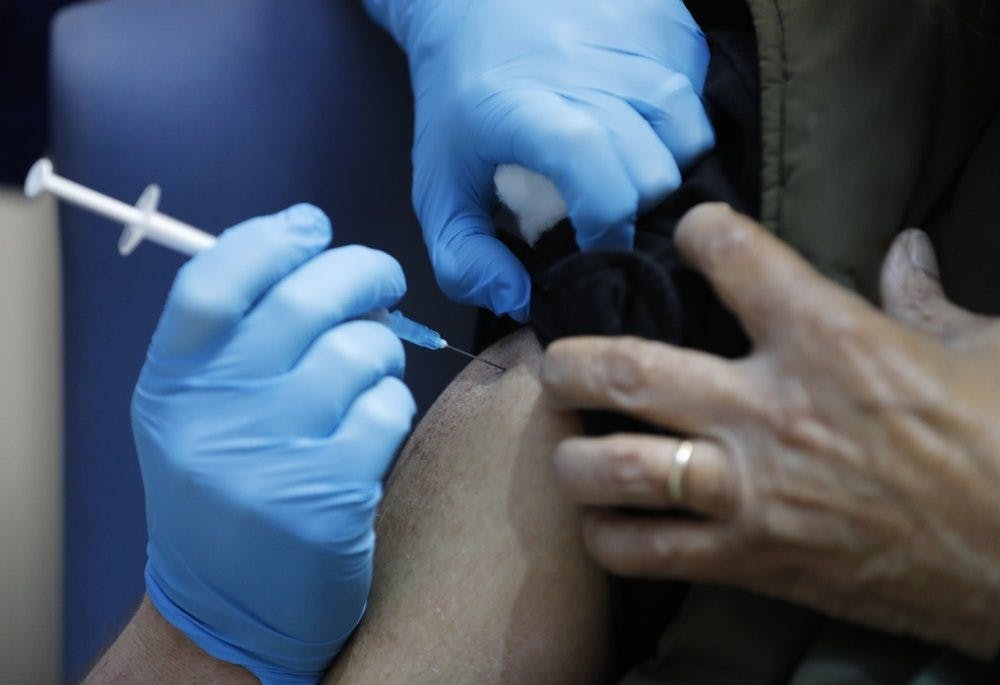
US regulators post positive review of Pfizer vaccine data
Documents released by U.S. regulators Dec. 8 confirmed that Pfizer and BioNTech’s COVID-19 vaccine was strongly protective against COVID-19 — offering the world’s first detailed look at the evidence behind the shots. The Food and Drug Administration posted its analysis online even as across the Atlantic, Britain on Tuesday began vaccinating its oldest citizens with the Pfizer-BioNTech shots. On Thursday, the FDA will convene what’s essentially a science court that will debate — in public and live-streamed — just how strong the data backing the shots really is.
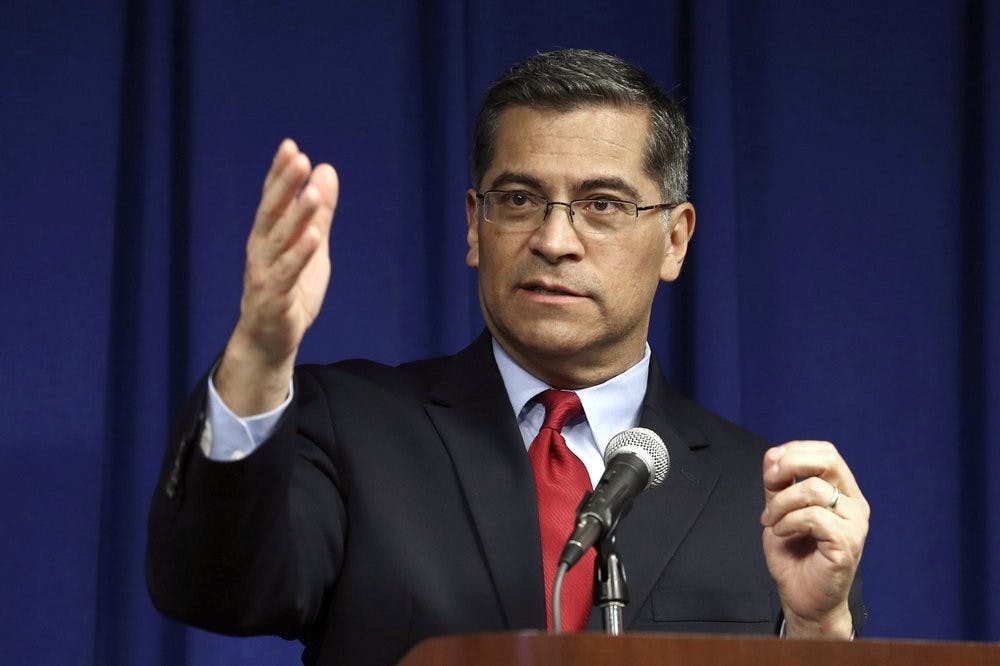
Biden's health team offers glimpse of his COVID-19 strategy
President-elect Joe Biden’s choices for his health care team point to a stronger federal role in the nation’s COVID-19 strategy, restoration of a guiding stress on science and an emphasis on equitable distribution of vaccines and treatments. With Monday’s announcement of California Attorney General Xavier Becerra as his health secretary and a half dozen other key appointments, Biden hopes to return the federal response to a more methodical approach, seeking results by applying scientific knowledge in what he says will be a transparent and disciplined manner.

